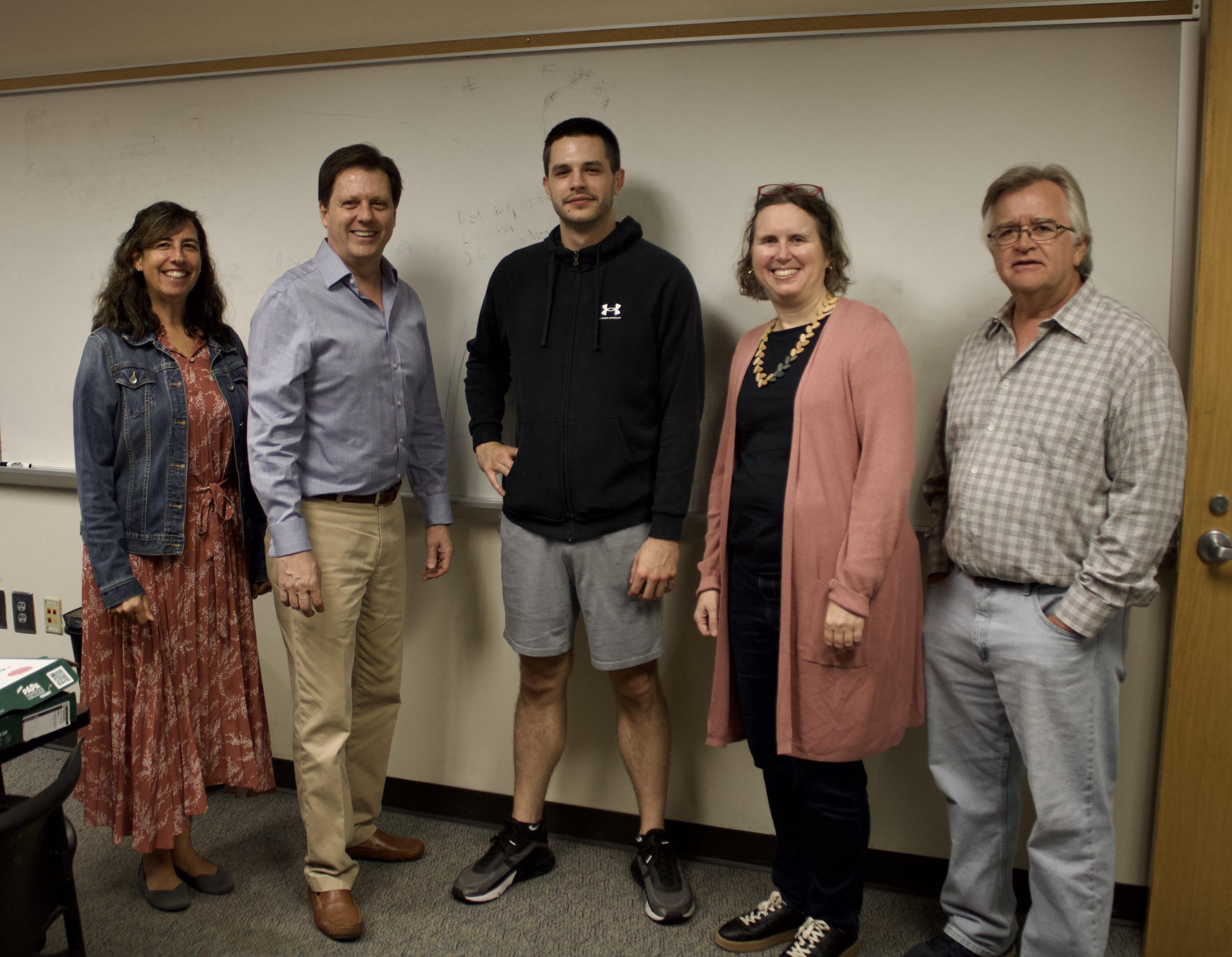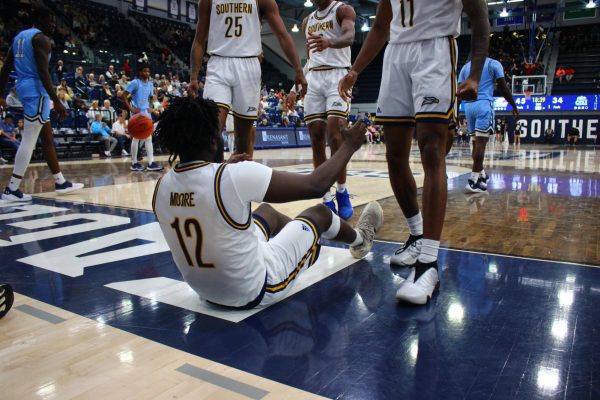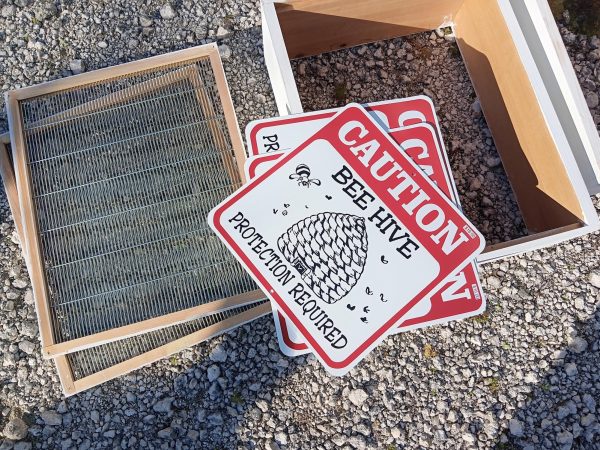Speaking Up About Mental Illness
September 29, 2016
You choose to be this way. Just be happy. Try being positive. These are words that most of us have heard at some point in our life, but for some of us, just being happy is a lot harder than it sounds.
I am a senior here at Georgia Southern who in the past year has been diagnosed with major depressive and anxiety disorder, and has also survived 3 suicide attempts.
I have learned a lot through my experiences, and I hope to help others have a better understanding of what it means to deal with mental illness and why seeking help is important.
Depression. The stigma surrounding it brings images of someone dressed in all black hiding in the shadows, crying in the rain, or some crazy Stephen King story.
The media has romanticized the idea of mental illnesses or showcased the extremities, but when you look at me, I am none of these things.
I’m a small blonde that loves to go out, go to the gym, and typically has a hard time keeping quiet.
Just one of the typical girls you would find walking around campus. Not what you expected huh? My illness is real, not some picturesque idea.
Last year, my symptoms truly became noticeable. I struggled to get myself out of bed, was crying every day, my chest was heavy and I felt as though I was lost in a jungle with no way out.
My friends would all tell me to just be happy and positive. But I couldn’t. I was exhausted and it felt like I was fighting a battle that wasn’t winnable.
Others had said I was being dramatic or was just doing this as a desperate plea for attention. I was alone and scared and felt like an outcast. I didn’t understand how I went from loving life to hating it. I had thought I had come to the point of no return, but I was wrong.
All the thoughts of not being able to recover, and thinking it was my own fault for not being happy were false.
Recovery and coping is possible, it just takes time to rediscover yourself and what methods work, but it most definitely is worth it.
I’m lucky to be here to know that living happily with mental illness is actually possible. My experiences exposed the negative impact of the stigma that surrounds mental illness can have on someone.
You are not alone. You should not be ashamed of your disease. You are not your illness, you are you.
Seeking help is important and is done more commonly than you think. Don’t let the false belief of what mental illness really is keep you from living your life. Just remember not everyone understands, and the lack of knowledge is what brings this negativity.
Eagle nation, we need to start the conversation. Reach out to those who may be suffering. A simple “How are you?” can make all the difference. Make a conscious effort to stop talking about mental illnesses in such a negative manner. Be willing to lend an ear, or direct a fellow student to someone who can. Let’s spread the facts, and embrace the importance of mental health.
And if you ever feel as though no one cares, know that I do. I’ve been there, and it’s a bumpy road, but it’s well worth traveling.













